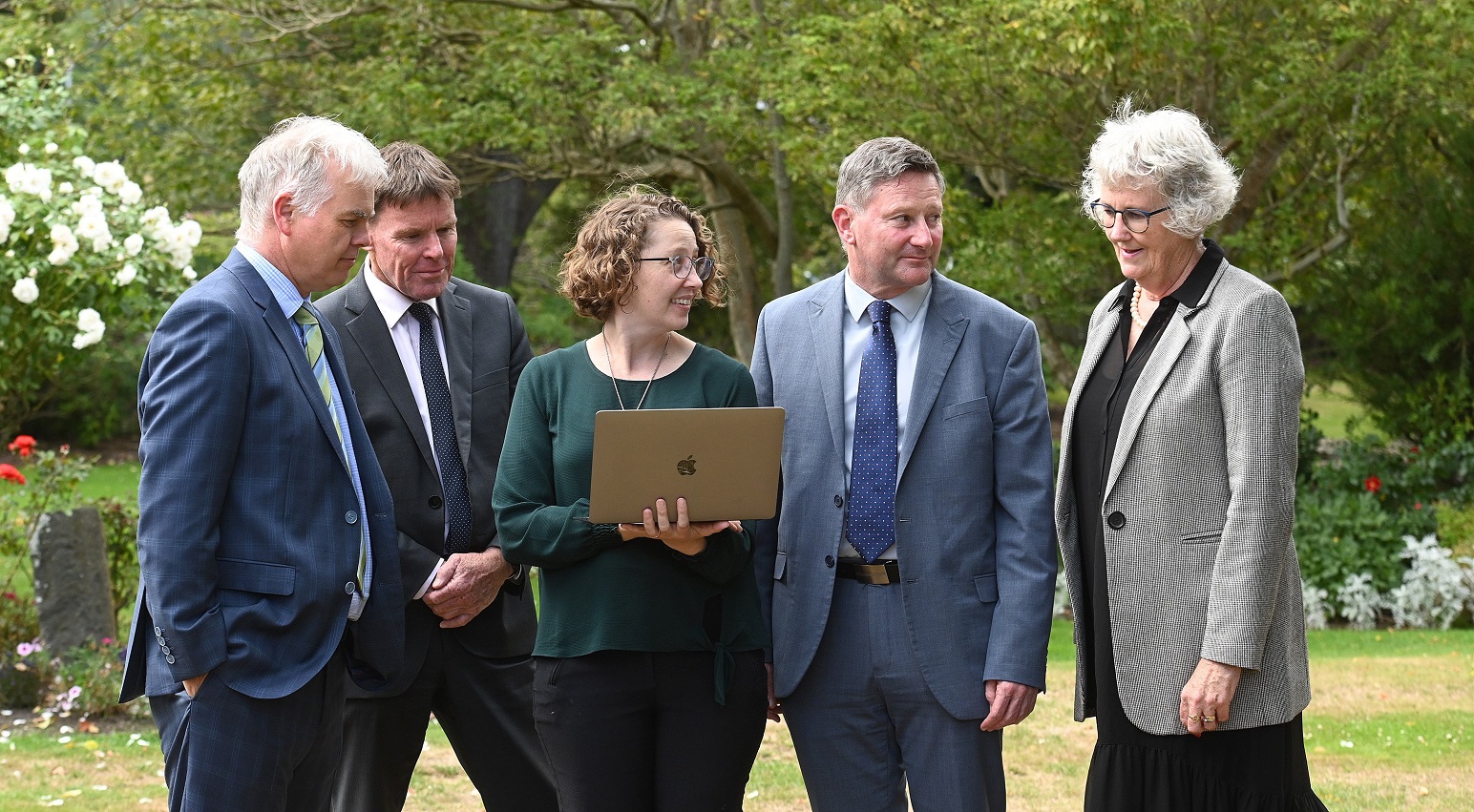
The principals of St Hilda’s Collegiate School, Otago Boys’ High School, King’s High School and John McGlashan College have formed what they call a "community of practice" to share approaches to work on reducing sexual harm caused by pornography and social media in their pupils’ relationships and lives.
St Hilda’s principal Jackie Barron said the initiative began after there was a call for help from her school’s senior pupils, who were increasingly concerned about the issue, at the end of last year.
The collaboration was the start of a conversation between the four schools around providing pupils with the right messages for what a healthy relationship looks like, and acknowledging the harm done to young women through sexual violence and sexual assault, she said.
"It’s been a problem for a number of years and it’s getting worse and it’s escalating.
"As schools, we felt we really needed to address it."
Otago Boys’ High School rector Richard Hall said across the three boys’ schools, they had the opportunity to help shape the attitudes of about 2200 teenage boys in the city.
One of the challenges had been trying to keep up with the acceleration of change caused by social media, where influencers such as Andrew Tate were able to deliver misogynistic messages about women to young men.
"We are working in really different times - and that’s not an excuse, but social media and the prevalence of pornography has changed the fabric of society, and is changing the fabric of society, at a great pace, and we are all trying to keep up."
He said schools were the "fourth emergency service" to resolve what were societal issues.
King’s High School rector Nick McIvor said there was a spirit of optimism in the schools as they banded together to share expertise on the issue.
"I think there is a great opportunity to combine our strengths, the strengths of our staff, students and programmes to have an influence and good bearing to what really are societal issues, to which we are uniquely placed to be a positive source of change."
There was potential for the community of practice to get bigger with time and incorporate more schools throughout New Zealand.
There was already interest from other schools around Dunedin.
John McGlashan College principal Neil Garry said having a research-based approach would add to the measures his school was already taking.
The work would be facilitated by University of Otago sociology, gender studies and criminology associate professor Melanie Beres, who had more than 25 years’ experience in sexual harm prevention research.
She said the approach to the issue had historically been an education programme or lecture "at" students, but it was a complex societal issue, and to create change, an approach that involved the whole community was needed.
"It’s recognising that it is a social problem and that schools inherit it, as well as perpetuate [it]."
In the schools context it would involve getting perspectives from staff, the boards of trustees and family, she said.
Programmes such as discussing consent would only be a part of the approach.
Assoc Prof Beres would meet the principals three times a year and have discussions about what their school’s perspectives were on the issue, and what needed to be done to improve results.
"You can’t expect principals to have all of the background necessary to make decisions about how they design the programme, so that’s where I come in.
"They know their communities far better than I do, but I’ve got the background in sexual violence prevention that I bring to the table and [can] help them shape what will work for their communities."












